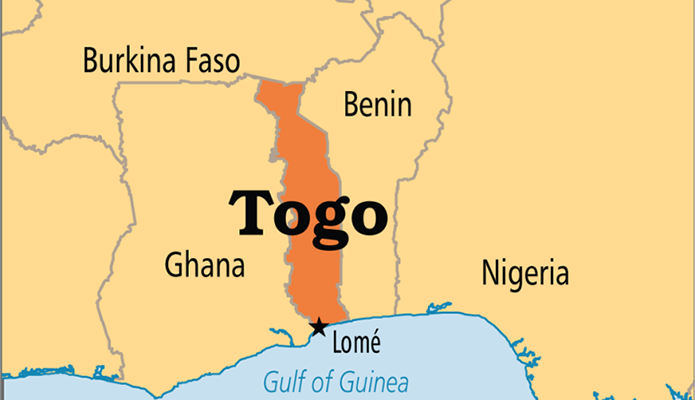
“Consultations” were needed, the presidency said in a statement, about the amendment in March that triggered opposition claims the reforms aimed to keep President Faure Gnassingbe in power in the West African nation with a population of nine million.
In office since 2005 after succeeding his father who seized the presidency in a coup 50 years ago, Gnassingbe has won every election though the opposition has claimed results were marred by irregularities.
After a week of tensions over the reform, Gnassingbe sent the law back to the National Assembly for a second reading with the opposition claiming a power grab to keep him in office longer.
“The National Assembly wished to have some days to engage in broad consultations with all stakeholders,” the statement said.
“Consequently, the government will conduct a slight rearrangement of the calendar of legislative and regional elections initially scheduled for April 20.”
The statement did not give a new date for the ballot.
Togo’s parliament, dominated by Gnassingbe’s UNIR party, adopted the law that would switch Togo from a presidential to a parliamentary system, giving the assembly the power to elect the president for a single six-year term.
It is unclear if the term could be renewed later, but it sparked opposition fears of indefinite rule by Gnassingbe who succeeded his father General Gnassingbe Eyadema.
Togo’s opposition parties did not immediately react to Wednesday’s decision, which was also read out on state television as breaking news.
Tensions swiftly mounted over the constitutional reform, with police breaking up an opposition news conference.
A group of almost 100 university academics, intellectuals, artists, political figures, and civil society actors also signed an appeal calling on the population to “mobilise” and reject what they called an abuse of power.
The editor of a Togolese newspaper was also arrested as media watchdogs warned of a press clampdown ahead of the elections.
Sources in Washington told AFP that US officials have asked Gnassingbe to ensure that the current situation is settled “peacefully and democratically.”
The Togo Bishops’ Conference last week called on the president to delay promulgating the new constitution and start “an inclusive political dialogue”.
In 2019, members of parliament revised the constitution to limit presidential terms to two, but it did not apply retrospectively, leaving Gnassingbe free to stand for the next two elections.
AFP





